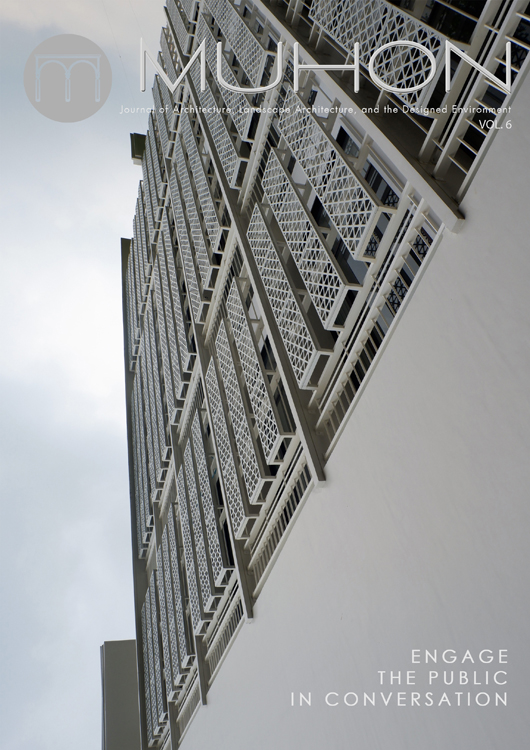Role of Cultural Development and Public Space Usage for the Poor: Impact to Government Policy and Community Relations (A Philippine Case Study)
Abstract
This research focuses on social exclusion due to poverty as observed in urban areas; a phenomenon seen to limit engagement opportunities, lower self-esteem and weaken social access of poor individuals; particularly those based in high human concentration areas typical in cities. Since most people-to-people interactions demand a spatial component to host such activities, the role of public spaces are likewise highlighted due to its accessibility among city residents and visitors. To address the abovementioned social dilemma, cultural development - celebrating binding beliefs and values among people through expression of their culture – was found to create opportunities wherein public space usage is able to bridge social divisions and accommodate opportunities of communal interaction and city development.
This study looks at cultural development and its impact to policy, people, and public space through a medium (art) that highlights unique features embedded in cities and communities. After establishing the theoretical base of this study, case study areas were identified and policy documents were examined to see how governments – amidst limited resources - expand cultural development alongside partner stakeholders. Key-informant interviews were also done to fill data gaps. Research shows that government engages with volunteer groups to strengthen its cultural development agenda; at the same time, poor individuals are found to join volunteer art-groups to learn new skills and expand network opportunities. The collaboration between government and volunteer groups led to events and activities that better utilize socio-spatial potentials of urban areas; using citizen engagement via cultural development to promote social access especially for the poor, while opening public space development and management opportunities for the city. Together, a participative development strategy among poor individuals, volunteer groups and government is promoted; a culture-driven governance policy hinged on improving community relations, social acceptance, and spatial growth opportunities in the city.The copyright for the published work belongs to UPCA and its selected publisher. The contributor is free to publish a modified version of the same article in other publications.
The contributor guarantees that :
- the article does not infringe on the copyright or any proprietary right of any other person
- the article contains no libelous or other unlawful matter
- the article makes no improper invasion of the privacy of any other person.





